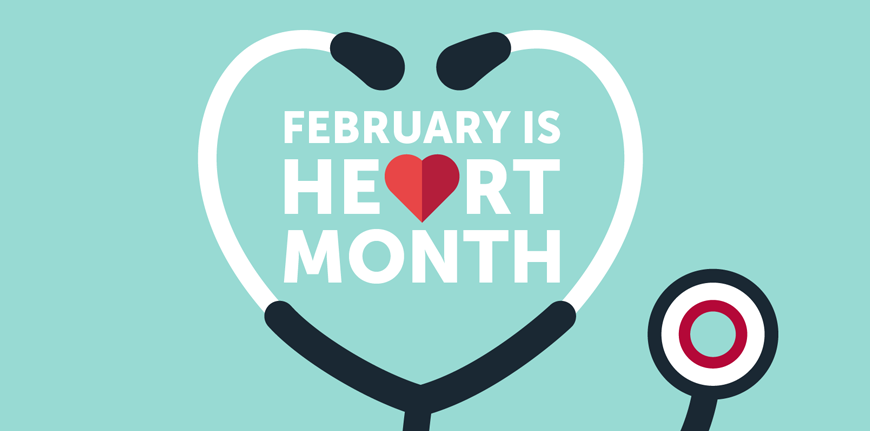As a psychiatrist, I am well aware of the intricate connection between the mind and body. While mental health is the primary focus of my practice, it’s crucial to recognize the profound impact that physical well-being can have on psychological health. In this blog post, we’ll explore the importance of a heart-healthy diet and supplement plan in promoting overall well-being, both mentally and physically.

The Mind-Body Connection:
The link between cardiovascular health and mental well-being is undeniable. Research suggests that a healthy heart contributes to improved cognitive function, reduced risk of depression, and better stress management. As an integrative psychiatrist, it is my responsibility to address nutrition and supplementation as part of a holistic treatment plan.
A Heart-Healthy Diet:
- Incorporate Omega-3 Fatty Acids:
- Encourage the consumption of fatty fish such as salmon, mackerel, and trout, rich in omega-3 fatty acids. These essential fats are known for their heart-protective benefits and have been associated with lower rates of depression.
- Emphasize Whole Grains:
- Advocate for whole grains like quinoa, brown rice, and oats. These grains provide a steady release of energy, helping to stabilize mood and prevent energy crashes.
- Promote a Rainbow of Fruits and Vegetables:
- Encourage a diverse range of colorful fruits and vegetables to ensure a wide array of essential nutrients and antioxidants. These powerful compounds help combat oxidative stress and inflammation.
- Limit Saturated and Trans Fats:
- Reduce saturated and trans fats found in processed foods and fried items. These fats can contribute to cardiovascular issues and negatively impact mental health.
- Moderate Sodium Intake:
- Maintain a balanced sodium intake to support healthy blood pressure levels. Excessive sodium can contribute to hypertension, which is a risk factor for heart disease and can impact cognitive function.

A Strategic Supplement Plan:
- Omega-3 Fatty Acids:
- Found in fatty fish like salmon, mackerel, and trout, omega-3 fatty acids have been shown to reduce the risk of heart disease by decreasing inflammation, lowering blood pressure, and improving cholesterol levels. Fish oil supplements are a convenient way to ensure an adequate intake of omega-3s.
- Coenzyme Q10 (CoQ10):
- CoQ10 is a compound that plays a crucial role in the production of energy in cells, particularly in the heart. It has antioxidant properties and may help improve heart function. CoQ10 supplements are commonly recommended for individuals on statin medications, as statins can deplete CoQ10 levels.
- Magnesium:
- Magnesium is involved in over 300 biochemical reactions in the body, including those related to heart function. It helps regulate blood pressure, maintain a steady heartbeat, and supports overall cardiovascular health.
- Vitamin D:
- Vitamin D deficiency has been linked to cardiovascular problems. This vitamin is essential for maintaining healthy blood vessels and may help regulate blood pressure. Vitamin D supplements are recommended, especially for individuals with limited sun exposure.
- Garlic:
- Garlic has been associated with cardiovascular benefits, including reducing blood pressure and cholesterol levels. Garlic supplements are available for those who may not consume enough garlic in their diet.
- Hawthorn:
- Hawthorn is an herbal supplement that has been traditionally used to support heart health. It may help improve blood flow, lower blood pressure, and enhance the strength of heart contractions.
- L-Carnitine:
- L-Carnitine is an amino acid that plays a role in the production of energy in the heart. It may support heart function and has been studied for its potential benefits in individuals with heart failure.
- Fiber Supplements:
- Soluble fiber, found in foods like oats and fruits, can help lower cholesterol levels. If dietary fiber intake is insufficient, fiber supplements may be considered to support heart health.

Conclusion
In my role as an integrative psychiatrist, I believe promoting a heart-healthy diet and supplement plan is a proactive step toward enhancing the overall well-being of my patients. Numerous studies have highlighted the intricate interplay between cardiovascular well-being and mental health, emphasizing the importance of addressing both aspects for overall health.